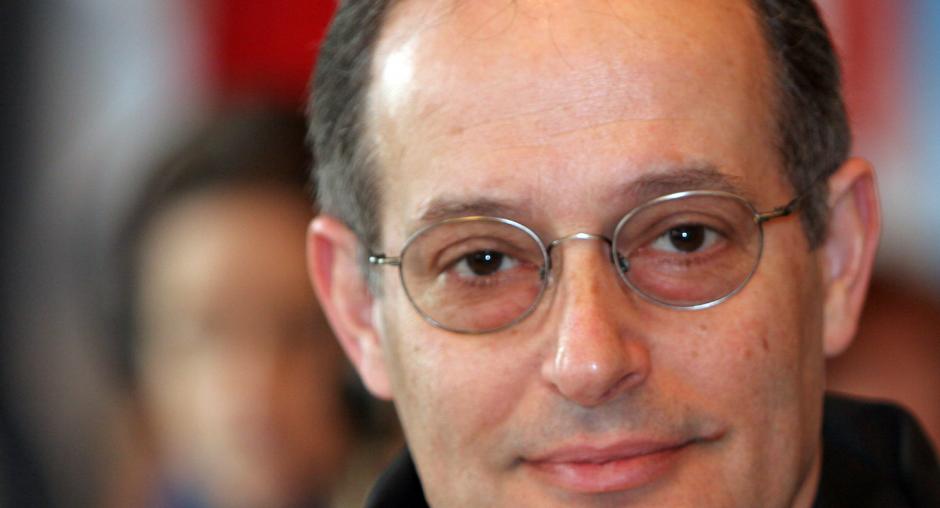OSCE media freedom representative welcomes Ireland's decriminalization of defamation, calls for crime of 'blasphemy' to be abolished

VIENNA, 12 January 2010 - The OSCE Representative on Freedom of the Media, Miklos Haraszti, welcomed today Ireland's amended Defamation Act which went into effect at the start of the year, but criticized the introduction of a new "blasphemy" provision.
The Defamation Act decriminalized speech offences, making Ireland the second Western European country after the United Kingdom to abolish criminal libel. In those countries, only civil courts are allowed to deal with offences like defamation and libel.
"I welcome Ireland's initiative. Decriminalization reform should be adopted by more countries which continue to treat journalistic mistakes as crimes, exerting a 'chilling effect' on critical journalism," Haraszti said. "Most European Union member states have long stopped using their criminal defamation or libel provisions, heeding the jurisdiction of the European Court of Human Rights in Strasbourg. Ireland made the logical and welcome next step by dropping those crimes from the books."
"As welcome as the Irish reform is, however, introducing a renewed version of the antiquated 'crime' of blasphemy is a step backward and sends the wrong signal to the international community."
Haraszti noted that the blasphemy provision, which penalizes statements that are "grossly abusive or insulting in relation to matters held sacred by any religion", is contrary to Ireland's stance in the UN Human Rights Council, where the country has consistently voted against motions that define "defamation of religion" as a crime.
"Defamation of religion is a concept that, if criminalized, restricts free dialogue in society as much as the other types of defamation which have now been repealed," Haraszti said. "Therefore, I call on the Irish authorities to also repeal this provision as quickly as possible."
